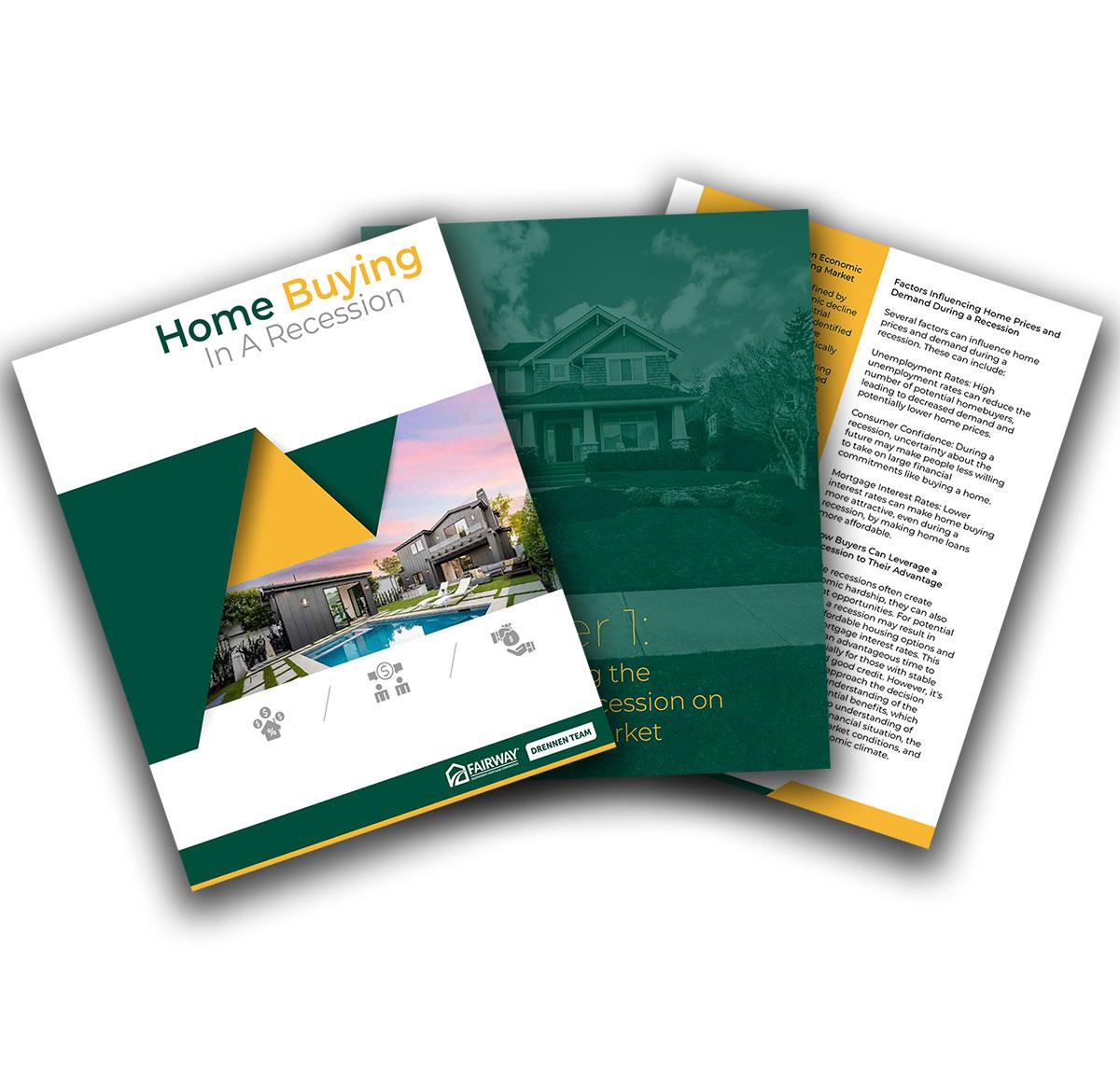What is a Reverse Mortgage?
A reverse mortgage is a loan for homeowners aged 62 and older. Reverse mortgages let senior homeowners turn part of their home equity into cash, which in turn gives them additional retirement income. The appeal of a reverse mortgage Las Vegas is that it requires no monthly payments, and the income generated from equity is generally not taxed. Reverse mortgages are often used to pay for life expenses like home renovations and medical care. They can also be used to pay off existing mortgages.
Requirements for a Las Vegas Reverse Mortgage

To be eligible for a Las Vegas reverse mortgage, you must meet some basic criteria. The first requirement is age; 62 years is the minimum. You must also fully own your own house, and the home must be your primary residence (meaning you live there for more than six months during a year). Additionally, your primary residence must be either a two to four-unit dwelling, a single-family house, or a condominium approved by the Federal Housing Administration (FHA). If you plan to purchase another home in the near future, you’ll have to show that you can make the required down payment too. Unlike most home mortgages, no credit score is required to get a reverse mortgage. However, you may have to show proof of homeowner’s insurance and demonstrate that you have enough funds to pay property taxes. Once granted a reverse mortgage, you’ll need to continue paying taxes and maintain your home as required by the FHA. Therefore, a reverse mortgage makes the most sense if you don’t plan to move soon.
How Much Money do Reverse Mortgages Pay?
The amount of money that you’ll get from a reverse mortgage is determined on an individual basis. Your age, the value of your home, and interest rates are all used to determine your Las Vegas reverse mortgage payment. Generally, the older you are and the higher your home value is, the more money you’ll get. Payments are not unlimited, however. They are capped at either the home’s appraised value or $636,150, which is the Federal Housing Administration’s mortgage limit. The lower of the two is your personal limit. (Read more about va loans here.)
How are Reverse Mortgages Paid?
Proceeds from your reverse mortgage may be distributed as a line of credit, lump sum payment, tenure, or a term. With a line of credit, you can withdraw money as needed up to a maximum amount. A lump sum payment, which is offered only with fixed-rate loans, produces a one-time cash payment at the time of closing. With a tenure plan, money is dolled out in monthly payments over the loan’s lifetime. A term payment works in a similar way, but payments are made monthly for a finite number of years. Once you’ve received a payment, you are free to spend it as you wish.




